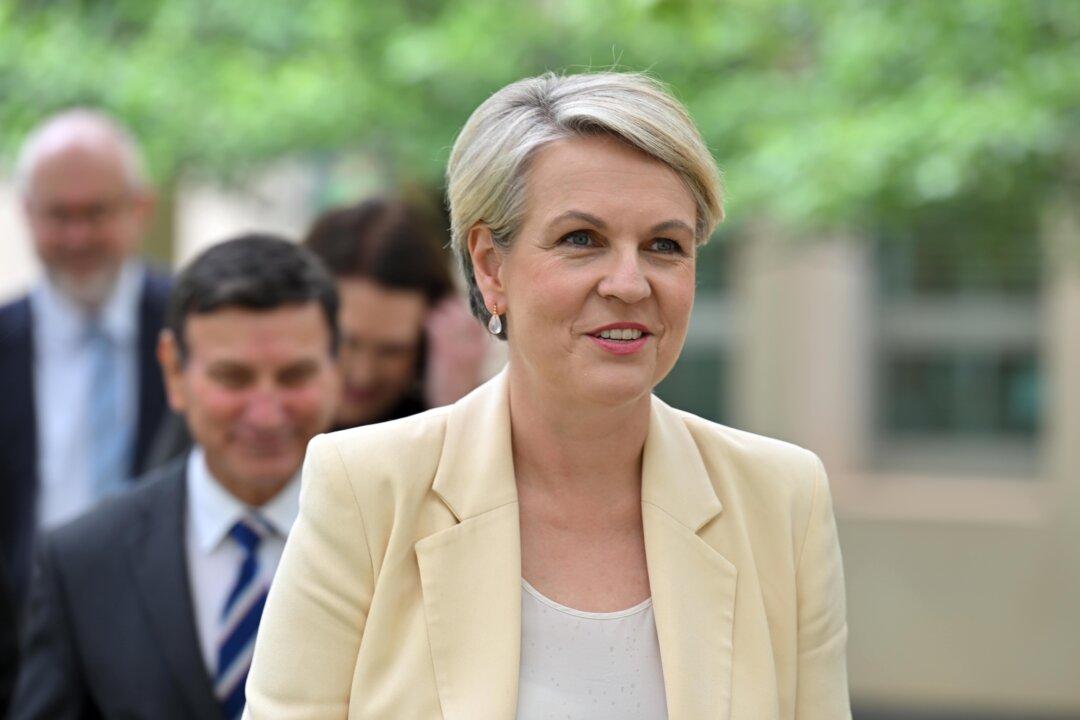Federal funding for the Environmental Defenders Office (EDO) is under review following adverse findings by a judge, who said it was clear the group had coached Indigenous witnesses and confected evidence. The organisation is budgeted to receive $8.2 million (US$5.4 million) over four years.
The Office—a community law centre funded by grants and occasionally fees charged to the people it represents—describes itself as “the largest environmental legal centre in the Australia-Pacific ... running groundbreaking litigation and leading law reform advocacy.”





